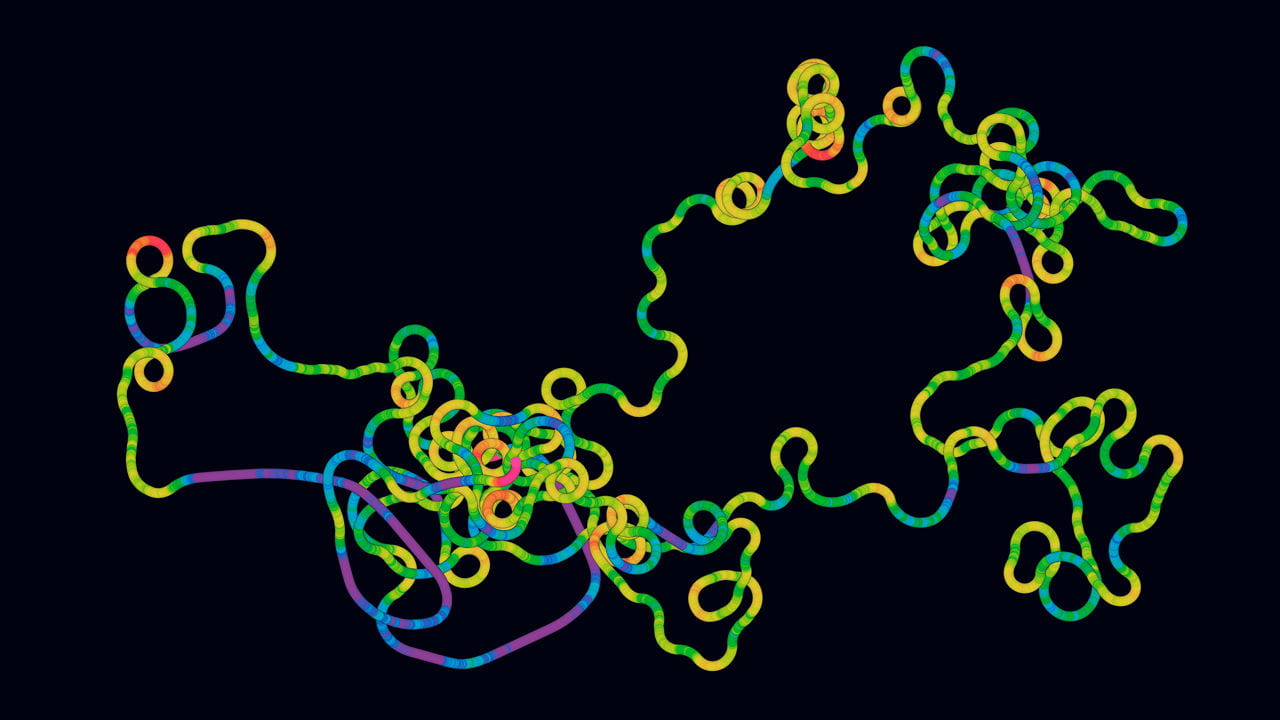Meredith Wadman | Science Magazine | Mar. 10, 2021
In December 2020, software developer Angie Hinrichs at the University of California, Santa Cruz (UCSC), applied for access to a labor-saving data feed from GISAID, a nonprofit database of viral sequences including those of the pandemic coronavirus, SARS-CoV-2. She wanted GISAID’s data so she could display mutations on UCSC’s coronavirus Genome Browser. That tool ties any position in the virus’ nearly 30,000-letter genome to other scientific information, much as Google Maps shows gas stations and restaurants near addresses.
With more than 700,000 genomes from more than 160 countries, GISAID is by far the world’s largest database of SARS-CoV-2 sequences. Access to the free, nonprofit repository has become vital to Hinrichs and thousands of other scientists and public health agencies tracking the virus’ alarmingly rapid evolution.
But instead of getting a direct data feed, Hinrichs lost her existing access to two conveniently packaged GISAID files that are the next best thing. She emailed GISAID repeatedly pleading for restored access, but hasn’t gotten it. Since December, she has had to download GISAID’s sequences 10,000 at a time, with no access to most of the metadata unless she looks at each of the 10,000 sequences individually. As a result, she says, “My [phylogenetic] trees that use GISAID data are falling behind.”
Hinrichs’s experience is not unique. A dozen scientists spoke with Science raising complaints about their interactions with GISAID. They reported an opaque process of gaining access, unexplained interruptions once access was won, and phone harangues or threatening legal letters when they got on the wrong side of GISAID’s strict rules against resharing data. Many scientists who voiced criticisms declined to be identified for fear of losing GISAID access. They say that even as they race to study coronavirus evolution, they are walking on eggshells around their chief data supplier.
“I am so tired of being scared all the time, of being terrified that if I take a step wrong I will lose access to the data that I base my research on,” says one scientist who declines to be identified. “[GISAID] has that sword hanging over any scientist that works on SARS-CoV-2.”
